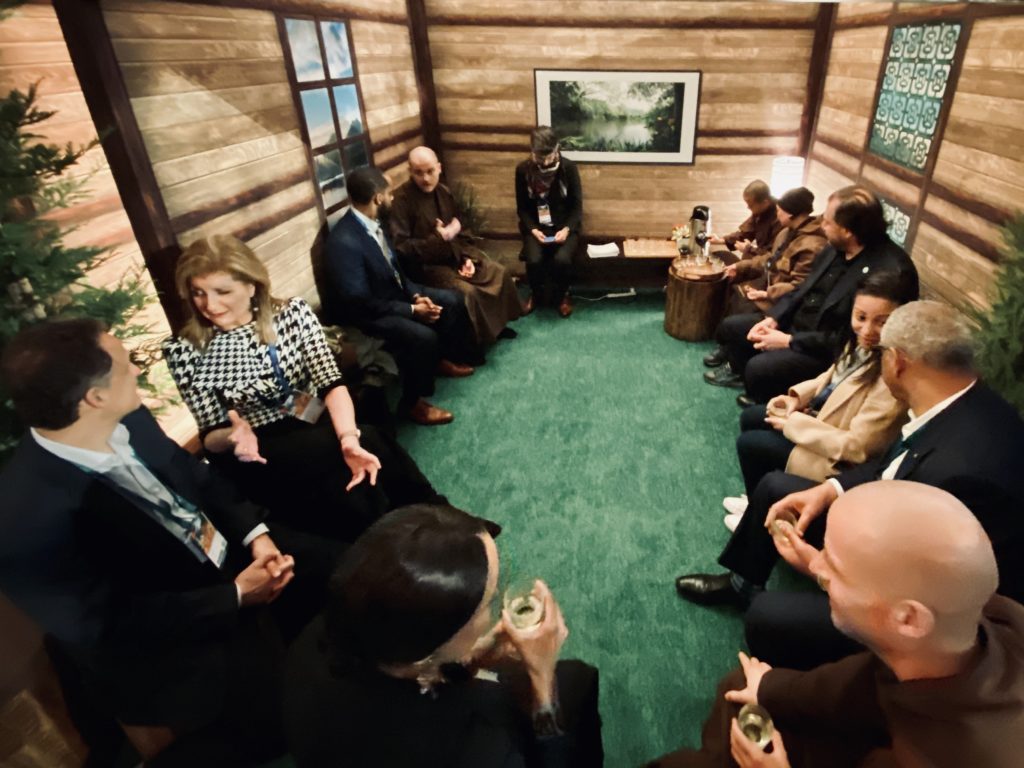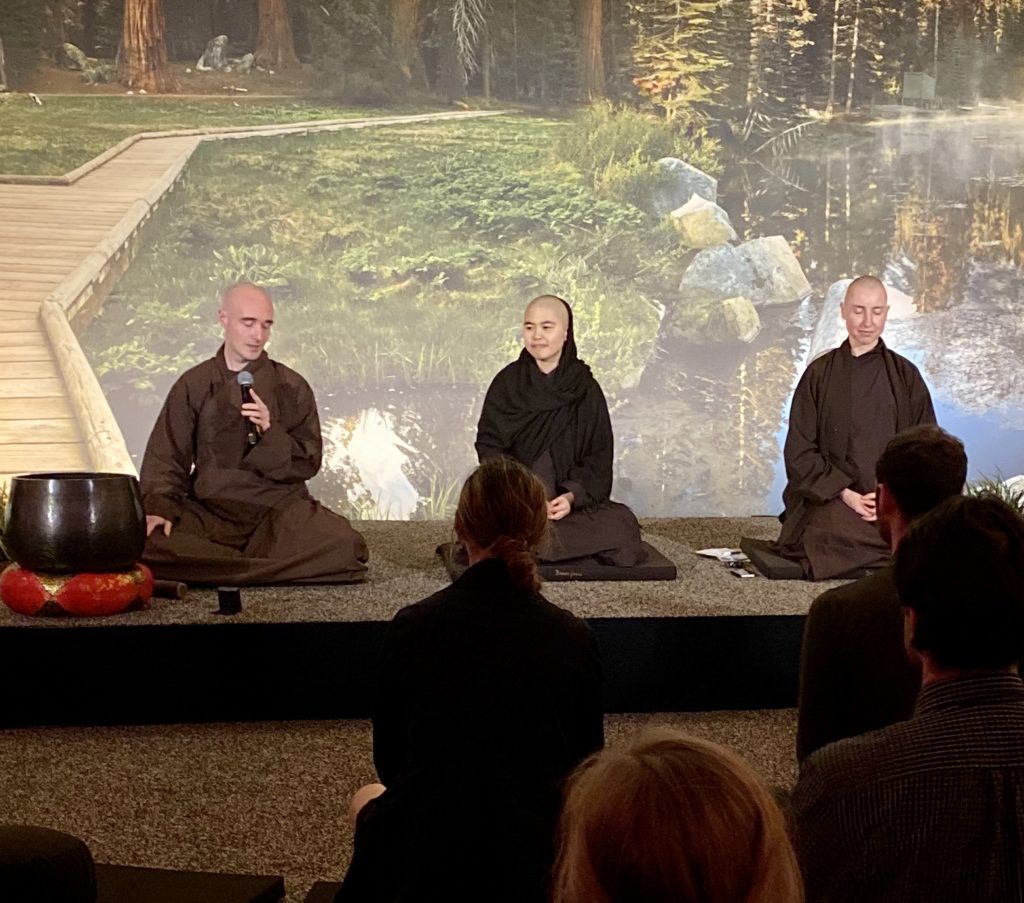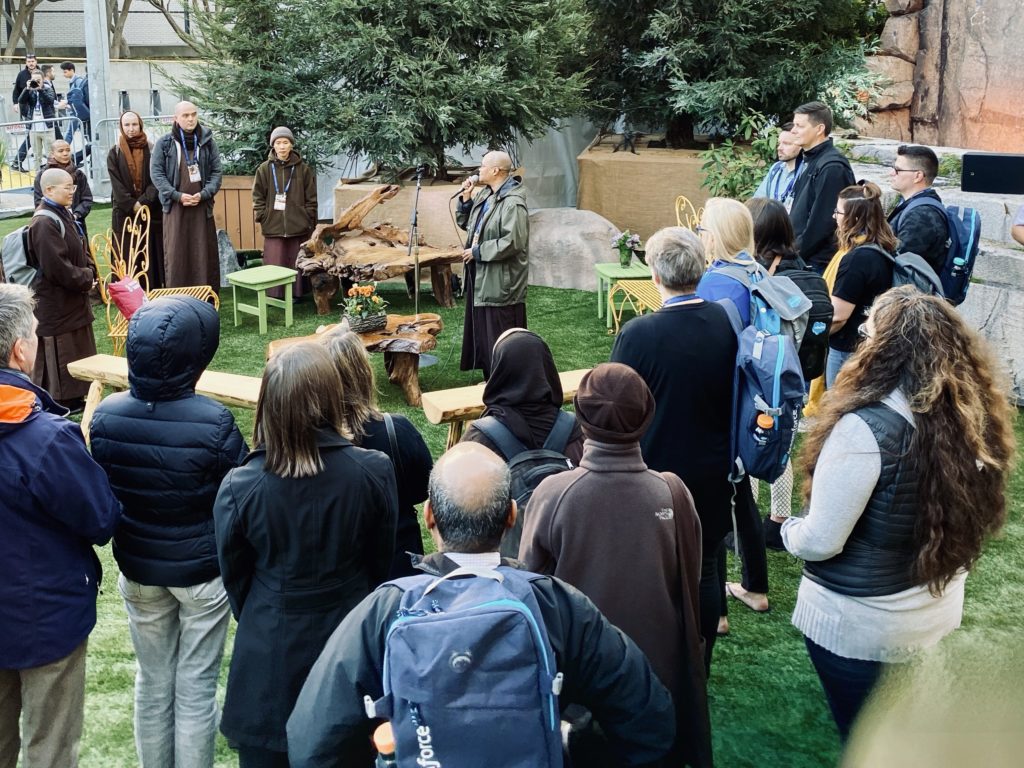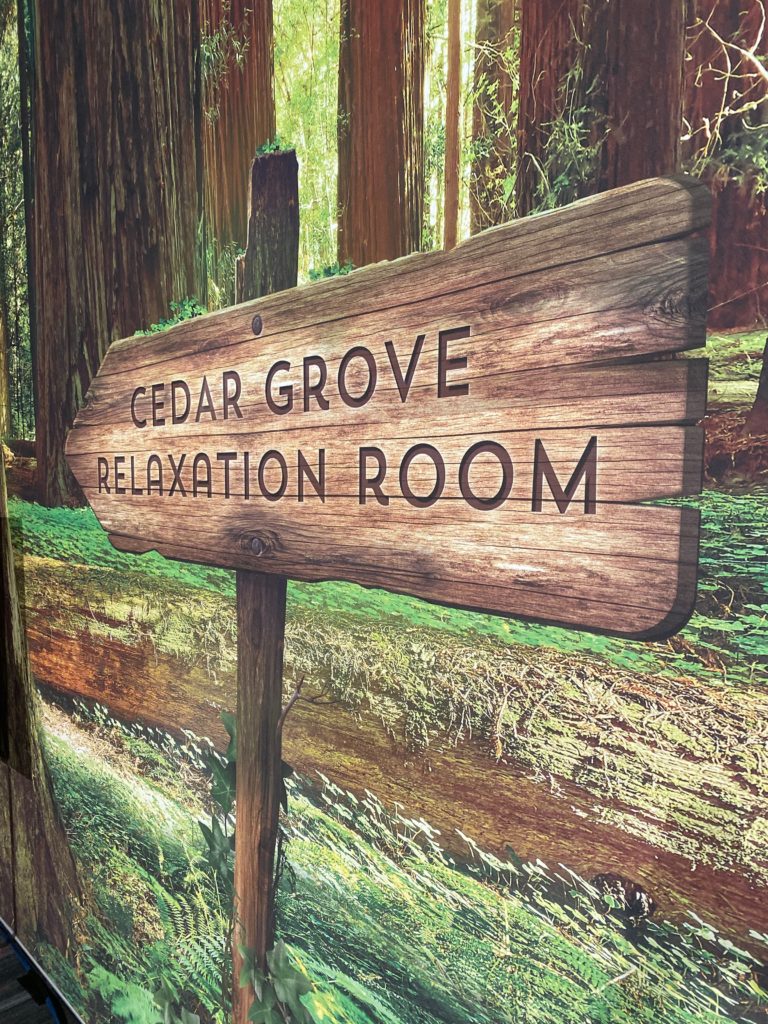Love, Heal, Act
Three Key Questions When Considering the Plight of the Earth
The beauty of our planet and its beings is beyond words. And the current suffering of our planet and its beings is heartbreaking. It makes me want to alternately celebrate and mourn, give gratitude and organize. I’d like to explore with you three questions related to the climate situation.
- How do we fall in love with Mother Earth over and over to nurture connection with the natural world?
- How do we face the immensity of climate suffering and let our hearts break open, without getting overwhelmed?
- How does each of us take full responsibility for protecting and preserving our beloved Earth?
1. How do we Fall in love with Mother Earth over and over to nurture connection with the natural world?
When we were small, my guess is that many of us had a secret or magical place in nature where we went for refuge, where we felt safe, or renewed, or in awe. For me, I lived on Puget Sound in a town across the bay from Seattle, with water and mountains all around. When I felt lonely or lost, I would climb the willow tree and look out at the Olympic mountains. Their solidity and calm soothed my agitation. When I was 13, I built a kayak and would float for hours, watching seagulls and clouds. I felt whole, embedded, happy. Do you have such memory?
Most environmentalists started because of love. Across the political spectrum, when asked what makes them care about the environment, they talk about the creek they loved where fished as a child that’s now polluted, or the forest they roamed which was cut down to build a shopping mall, or cypress trees in bayou they call home, now dying because of oil sludge.
So finding ways of renewing our love for the natural world is the starting point that helps us look squarely at the climate catastrophe facing us. I try to take daily opportunities to pause in my hurried pace, take a slow walk in the woods, or even around the block to look at the trees, or sit by a stream, trying to let the earth elements penetrate the cells of my being. There’s a simple reflection by St. John of the Cross:
I was sad one day and went for a walk;
I sat in a field. A rabbit noticed my condition and came near.
It often does not take more than that to help at times
to just be close to creatures who are so full of knowing,
so full of love though they don’t chat.
They just gaze with their marvelous understanding.”
Even though I have been conditioned to feel separate from nature, it is impossible for me to be separate. My actual relatedness is infinite. Our teacher, Ven. Thich Nhat Hanh, asks us if we can see the sun in a piece of paper, and the rain which nourishes the tree from which the paper is made, and all the elements that were necessary for the paper to manifest, like the micro-organisms under the tree, the soil itself, the logger, the food that sustained the logger, and so without limit. Take any of these elements away and the paper would not exist.
Likewise, each of us humans is dependent on an infinite number of causes and conditions. That famous quote from Martin Luther King, Jr, beautifully captures this web of connection:
You get up in the morning and go to the bathroom, and you reach over for a bar of soap, and that’s handed to you by a Frenchman. You reach over for a sponge, and that’s given to you by a Turk. You reach over for a towel, and that comes to your hand from the hands of a Pacific Islander. And then you go on to the kitchen to get your breakfast. You reach on over to get a little coffee, and that’s poured in your cup by a South American. Or maybe you decide that you want a little tea this morning, only to discover that that’s poured in your cup by a Chinese. Or maybe you want a little cocoa, that’s poured in your cup by a West African. Then you want a little bread and you reach over to get it, and that’s given to you by the hands of an English-speaking farmer, not to mention the baker. Before you get through eating breakfast in the morning, you’re dependent on more than half the world. That’s the way reality is structured. So let us be concerned about others because we are dependent on others.”
A short poem by Rumi sums it up:
If God said, “Rumi, pay homage to everything that helped you enter my arms,” there is not one experience in my life, not one thought, not one feeling, not any one action I would not bow to.”
I sometimes sit and feel into how the forest is in me, and I am in the forest, or the ocean, or the sky, or the desert. We are descendants not just of our human ancestors, but also plant, earth, mineral, and star elements. As a practice, one teacher of mine suggests that we “adopt” a life form, a plant or animal or insect, or a piece of land. Observe it, study it, learn about it, meditate on it, send lovingkindness it to it, come to care for it.
One way I try to keep my awareness alive is by reciting some contemplations with my meals. I look at the plate of food, and say…
This food is a gift of the earth, the sky, numerous living beings, and much hard and loving work.
May we eat with mindfulness and gratitude so as to be worthy to receive this food.
May we recognize and transform unwholesome states of mind and learn to eat with moderation.
May we keep our compassion alive by eating in such a way that reduces the suffering of living beings, stops contributing to climate change, and heals and preserves our precious planet.
We accept this food so that we may nurture our community, and nourish our ideal of serving all living beings.”
You have your own ways of feeling your love for nature and the earth. The invitation or encouragement here is to go to your well often and deeply.
2. How do we face the immensity of climate suffering and let our hearts break open, without getting overwhelmed.
In Buddhism there is a teaching that the 10,000 joys and 10,000 sorrows are side by side. And we can enter deeper dimensions of life through either entryway. Sometimes when we are in the Love-for-the-Earth mind-state, we are overcome with great feelings of gratitude, of awe, of praise, of yes! Sometimes seeing the sunset or looking deeply at a flower, or watching a butterfly, or smiling at a baby duck trailing its mama, makes tears rolls down our face.
Or the other door opens and we contemplate the immensity of the catastrophe that climate change is bringing.
- The warning bells of climate disaster are sounding loudly. The number of animals reduced in half in last 40 years; 50% of all species extinct in 80 years (according to the World Wildlife Fund)? Half of the Arctic ice gone now? Coastal cities around the world flooded in 30 years. 300 million climate refugees in 30 years?
- And things are likely to get worse: crop failures, food and water shortages, cities and coastlines flooded, huge species die-offs, mass human migration, regional conflicts, tyranny, and failed states. And low income communities and poorer nations suffer the most harm. Heartbreaking.
- One scientist says we are heading for “inevitable social collapse, probable environmental catastrophe, and possible human extinction.”
Think about this. If we are even half way awake, and don’t turn away from this suffering, then we are going to feel heartbreak, deep grief, maybe loads of anger and waves of despair, and probably bouts of confusion and doubt.
How do we allow ourselves to face and feel the enormity of what is upon us? Because if we don’t allow those feelings to arise and heal, then we are in danger of shutting down, going numb, hardening our hearts, distracting ourselves, and playing small ball. I would venture to say that most everyone reading this knows deep in our hearts that there is something very wrong. Fundamentally out of right alignment. Because everything is interconnected, we hurt inside when we even read about things far away, like refugees fleeing rising sea levels, or the loss of another beautiful species gone forever, or the explosion of an oil rig that coats the shoreline for hundreds of miles with sludge that kills the seabirds. Our hearts break. In the human realm too, we hurt when others are hurting. I remember, during the anti-apartheid struggle in South Africa, the black people had a chant, “An injury to one is an injury to all. An injury to one is an injury to all.”
The point is that whether or not we allow space to express the feelings connected with climate suffering, those feelings are present in us.
How do we find ways of allowing ourselves to grieve, to let our hearts break open at both the present suffering and the suffering that is predicted? Feelings of despair, depression, and sadness are natural responses to the possibilities of extinction, but as passing states of grief, not as a reason to give up or not act. Life is still miraculous, even as suffering deepens, there is still so much to love and protect.
If we were together in person, we might share with each other the ways we’ve found to face and feel the emotions connected to the climate crisis. We might deliberately find ways of getting close to suffering—watching a climate awareness video, reading dispatches from scientists, being with folks who had to flee a wildfire or flood. We might read any number of excellent books about our situation.
What has also helped me is to remember that the feelings of despair, fear, or powerlessness that arise about climate change were there long before we ever knew anything about climate change. When we were children, we witnessed or experienced things we knew were a violation of life, but we were too small to stop them. We didn’t have the power. And unless we had a chance to heal these wounds, we internalized feelings of powerless and carry them into adulthood. When facing big challenges, like climate change or racism or poverty, many of us sink into those old feelings of powerlessness and say “it’s too big.”
Feelings are only feelings. They are not the whole of reality, though persistent feelings can fool us into thinking “that’s how things are,” or “that’s how I am.” Unwholesome negative feelings are waiting to be healed. Such healing requires safety, courage, and intention. In my experience, being listened to respectfully and warmly, allows old memories to surface. If the listener persists in offering undivided attention, then I will find myself crying with grief, or shaking or shivering with fear, or trembling with anger, and other signs of emotional release.
I heartily encourage you to try developing a co-listening partner. You can begin by exchanging just 5 minutes each, and build up from there. Just a few guidelines: each person takes an equal time turn; the listener offers no advice, no comment, no judgment, no trying to fix the other person. The listener just provides a sacred space that accepts and encourages whatever feelings arise for the speaker.
Releasing old feelings and healing old habit energies will not in itself reduce global warming or stop environmental damage, but it will allow us to think more clearly and act more boldly regarding climate change.
3. How do we take full responsibility for protecting & preserving our beloved Earth?
This is the third question for us to look at. It follows from the first two. For once we are in touch with our love for the Earth and all its amazing creations, and once we have let our hearts break open at the immensity of human-caused destruction to the Earth and its creations, then we naturally want to do what we can to protect and preserve our beloved.
First, a deep bow of gratitude to many of you who are very engaged in climate justice work. Thank you for your devotion and hard work.
My hunch is that most of us reading this ask ourselves repeatedly what more can we do to help make things right? What are we to do in the face of near certain kinds of collapse? In my opinion, we need transformation at the base. Tinkering at the edges will not transform our collective suffering. Refusing to look directly at the seriousness of our situation gives us false hope that somehow we can avert the worst, and thereby keeps us numb enough to go along with accepting things as pretty much they are, or just advocating for mild, piecemeal reforms, thereby sealing our fate.
Actually, there’s a huge menu of things we can do. I’d like to list a few interrelated elements.
a) Cultivate an empowering story about climate change. Like, “What if total climate catastrophe is not inevitable? What if we are big enough to tackle this? What if this is just the right level of challenge to slingshot us through to the next level of collective consciousness?” What would we do differently if we adopted this view?
b) Build community around us. We can’t do this alone. We need each other. Maybe we can develop an “Earth Buddy” to check in with, think with, feel with, act with. Maybe join or start a green committee in our church or synagogue, or local town sustainability commission. Maybe gather around ourselves a small group of friends who agree to care about each other’s well- being, practice a common set of spiritual teachings or rituals, study the climate justice situation, and commit to engaging in mindful action together as a group. We are better together.
c) Start where we are. We can see clearly how climate change highlights the interconnection among issues that were previously viewed a fairly separate. Climate change is a racial justice issue. Climate change is a food security issue; a national security issue; an economic justice issue; a public health issue; a population issue; a democracy issue; an immigrant issue; a technology issue; a patriarchy issue, a species loss issue, a rights of the earth issue; and so on. Anything we care about is somehow related to climate change and environmental degradation.
This interconnection also means that we can start anywhere, like planting a garden, caring for our children, nurturing our church community, standing for racial justice, protesting the pipelines, contributing funds to climate justice organizations, supporting a carbon tax at the statehouse, joining a mass civil disobedience action, working for climate friendly political candidates, advocating for the Green New Deal.
d) How might we add a climate lens to whatever we are doing already? Each of us has family, a network of friends and acquaintances, or maybe a work setting, social media community, and so on. We probably have more influence than we know. Maybe this week, you could arrange a think and listen session with a friend about how you might add a climate justice lens to whatever you are currently involved with.
e) And for those of us who like concrete actions, consider how you might work on one or more of these buckets of climate justice related work:
- Climate education and awareness (study, offer a citizens course in climate change, study and educate others on the links between racial and ecological suffering, research best summaries of science and/or solutions, etc.)
- Healing (offer climate grief circles, listening groups for eco-anxiety, create ceremonies and rituals for feeling and healing, for visioning and empowering, etc.)
- Mitigation (clean energy, eco-agriculture, green building, carbon capture, plant-based diet, Project Drawdown, etc.)
- Adaptation (flood control, firefighting, rescue missions, relocation, etc.)
- Resilience (migration assistance, poverty alleviation, family planning, food security, girls’ education in developing world, etc.)
- Electoral politics (running for office, supporting climate friendly candidates, promoting ballot initiatives that highlight a climate justice issue, etc.)
- Fundamental system change (ending fossil fuels, shifting to an equitable steady-state economy; protecting voting rights; reviving democracy with Citizens Assemblies & local engagement, dismantling racism, patriarchy, and class oppression, etc.)
Big things, yes! But surely worthy of the better angels of our nature. The Dalai Lama puts it squarely in our lap when he says, “We are the pivotal generation.”
Thank you for considering these three interrelated questions under the headings of Love, Heal, Act:
- How do we…Fall in love with Mother Earth again and again, in order to let love be at the center of our actions?
- How do we…Face the immensity of climate suffering and let our hearts break open, in order to avoid going numb and in order to release vast potential of energy, fearlessness, and power?
- How do we…take full responsibility, self-defined, for protecting and preserving our beloved Earth, in order to do all we can to avert the worst of suffering and open the doorway to a collective awakening based on love, compassion, generosity, humility, and contentment?
In closing, here is a short poem by Zen teacher Robert Aiken Roshi that points to the longing I think many of us have for right relationship with the Earth. He says:
Hearing the crickets at night,
I vow with all beings
to find my place
in the harmony
crickets enjoy with the stars.”
Bowing in gratitude,
John Bell
Chan Dieu Tri / True Wonderful Wisdom
jbellminder@gmail.com








